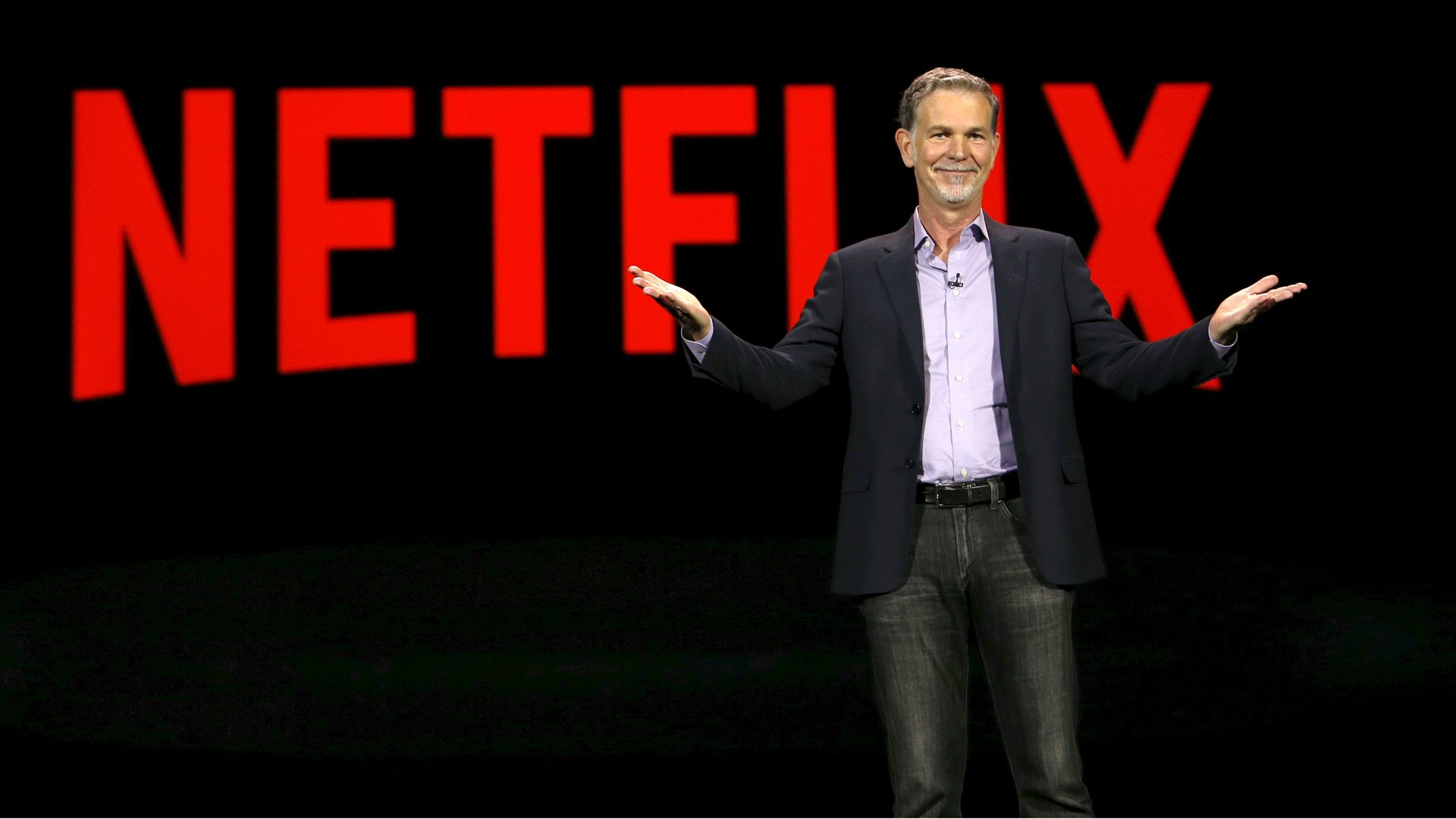Netflix is finally rolling out more servers so fewer Africans will “Netflix and buffer”
News of Netflix’s expansion to Africa (and pretty much the rest of the world) in January was met with excitement on the continent. Finally, like most Americans and Europeans, Africans too could stream their favorite TV shows and movies at their convenience. But soon after, it quickly became clear that Netflix was faced with two major problems in Africa: spotty internet connections and pricey data plans.


News of Netflix’s expansion to Africa (and pretty much the rest of the world) in January was met with excitement on the continent. Finally, like most Americans and Europeans, Africans too could stream their favorite TV shows and movies at their convenience. But soon after, it quickly became clear that Netflix was faced with two major problems in Africa: spotty internet connections and pricey data plans.
While the company can do little about how much local internet service providers charge (prices are actually dropping in some countries), it is looking to help fix the problem of slow internet for its African users.
Netflix has deployed a dedicated server in Nigeria in partnership with Spectranet, a local internet service provider. The server “will hold the entire Netflix content library” and will provide customers “with the best possible video streaming performance.”
The significance of a locally hosted Netflix server is tied to the content delivery advantage it poses for Netflix users on the continent. As Quartz pointed out last year, much of Africa’s slow internet problems are down to the fact that a lot of the content is likely being loaded from servers in a different continent.
Data moves fast, but it still takes time to travel great distances. Each time you click on a link to a web page, your device sends a request that is routed to a server where the web page is hosted, and the data for the page is sent back to you. That server can be tens or hundreds or thousands of miles away; if it’s thousands, the round trip can be a considerable fraction of a second, and a typical web page is built up out of dozens of such requests to servers in different places.
But with a server in Lagos, Nigeria, some Netflix users in Africa will have content delivered faster and at cheaper costs as data requests will move over shorter distances.
There are currently fewer than 10 Netflix servers at internet exchange points in South Africa, according to research published in June (pdf) from Queens Mary University in London. But there were no servers at any ISPs on the continent. The new server in Lagos is very likely the first with an ISP.
Slower internet connections are obviously a problem for Netflix in some of its new markets. And where it hasn’t launched servers, the company will count on its video compression technology which compresses more data through more advanced encoding to giver users the best possible streaming experience.